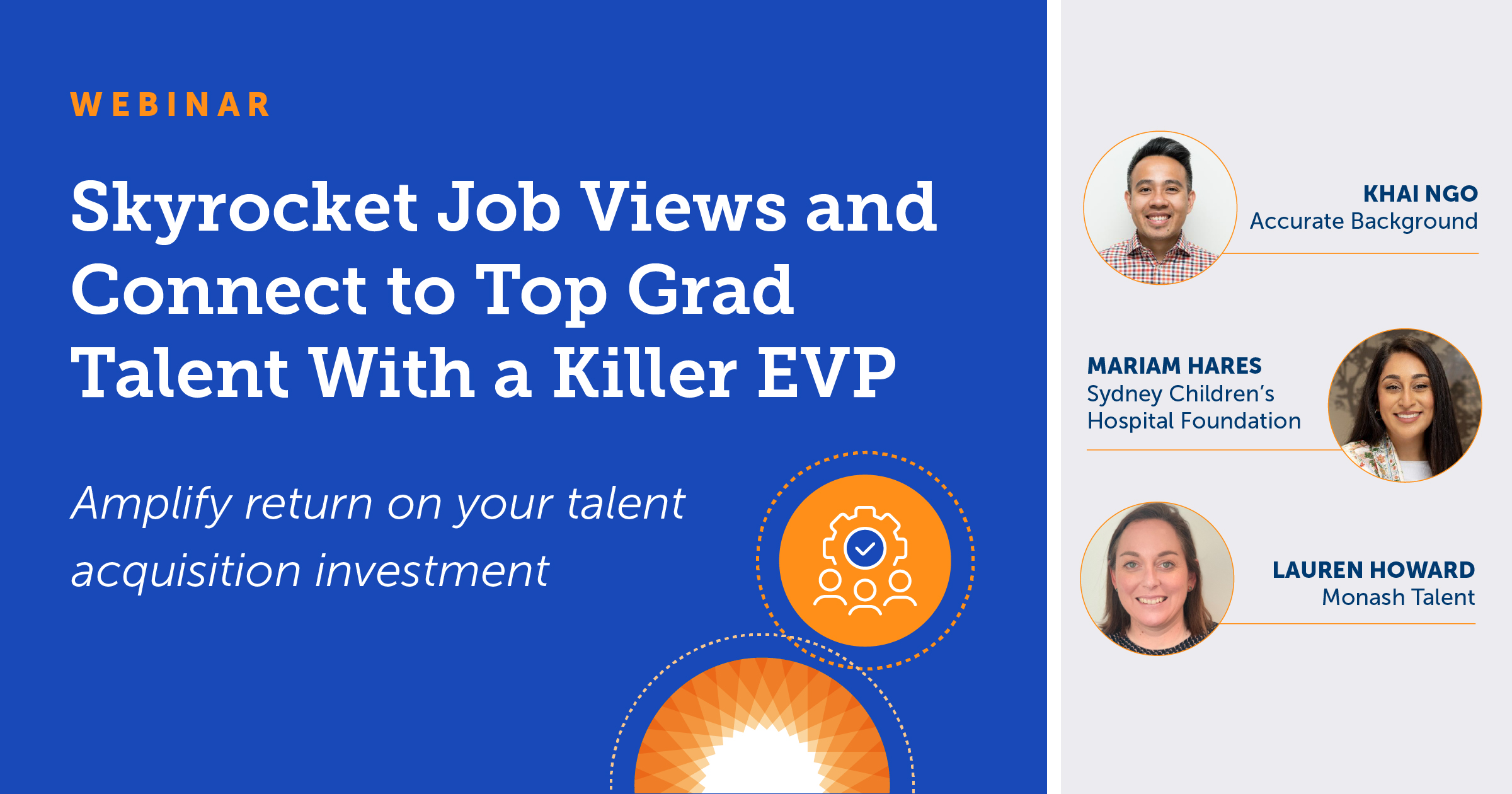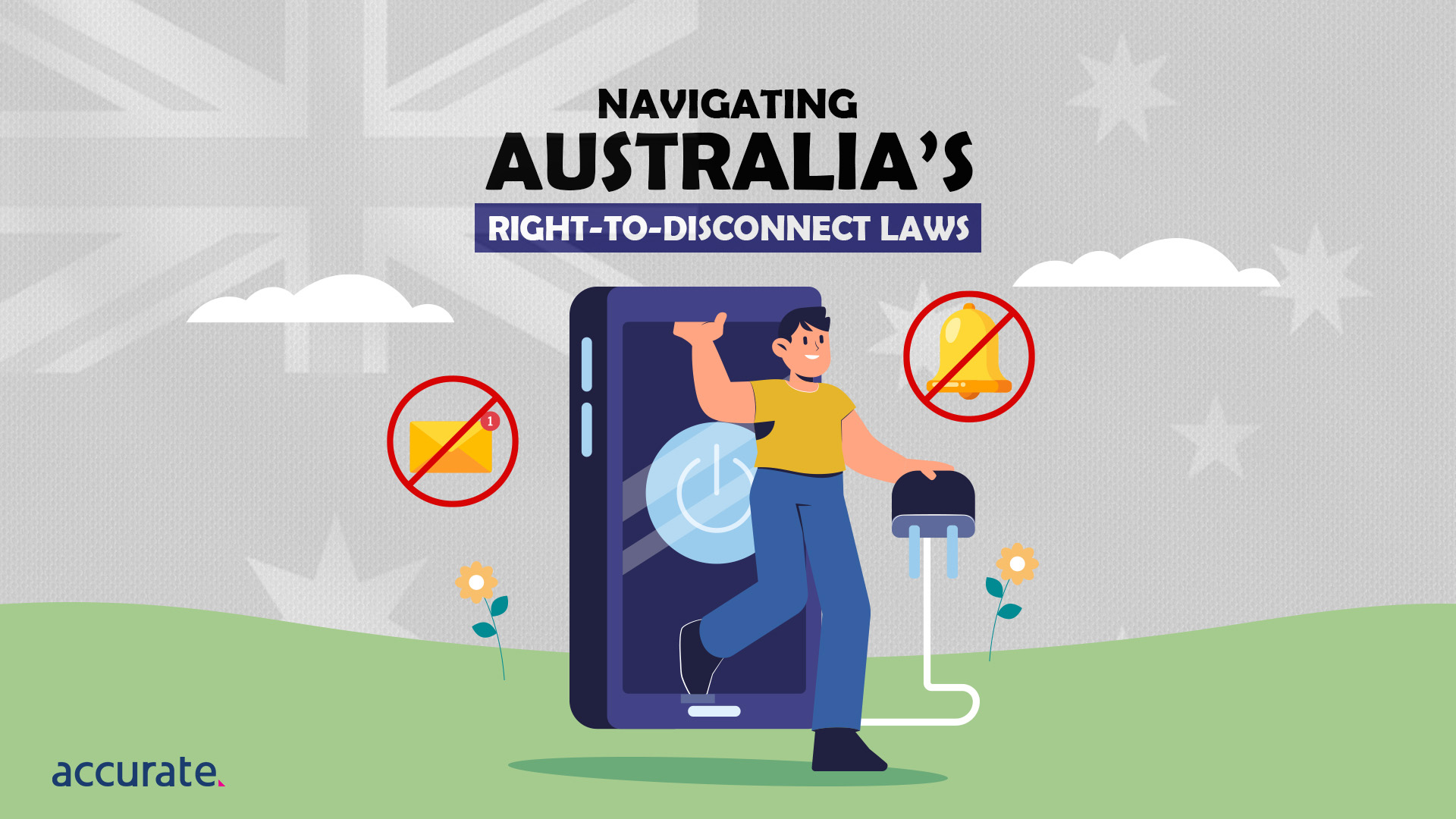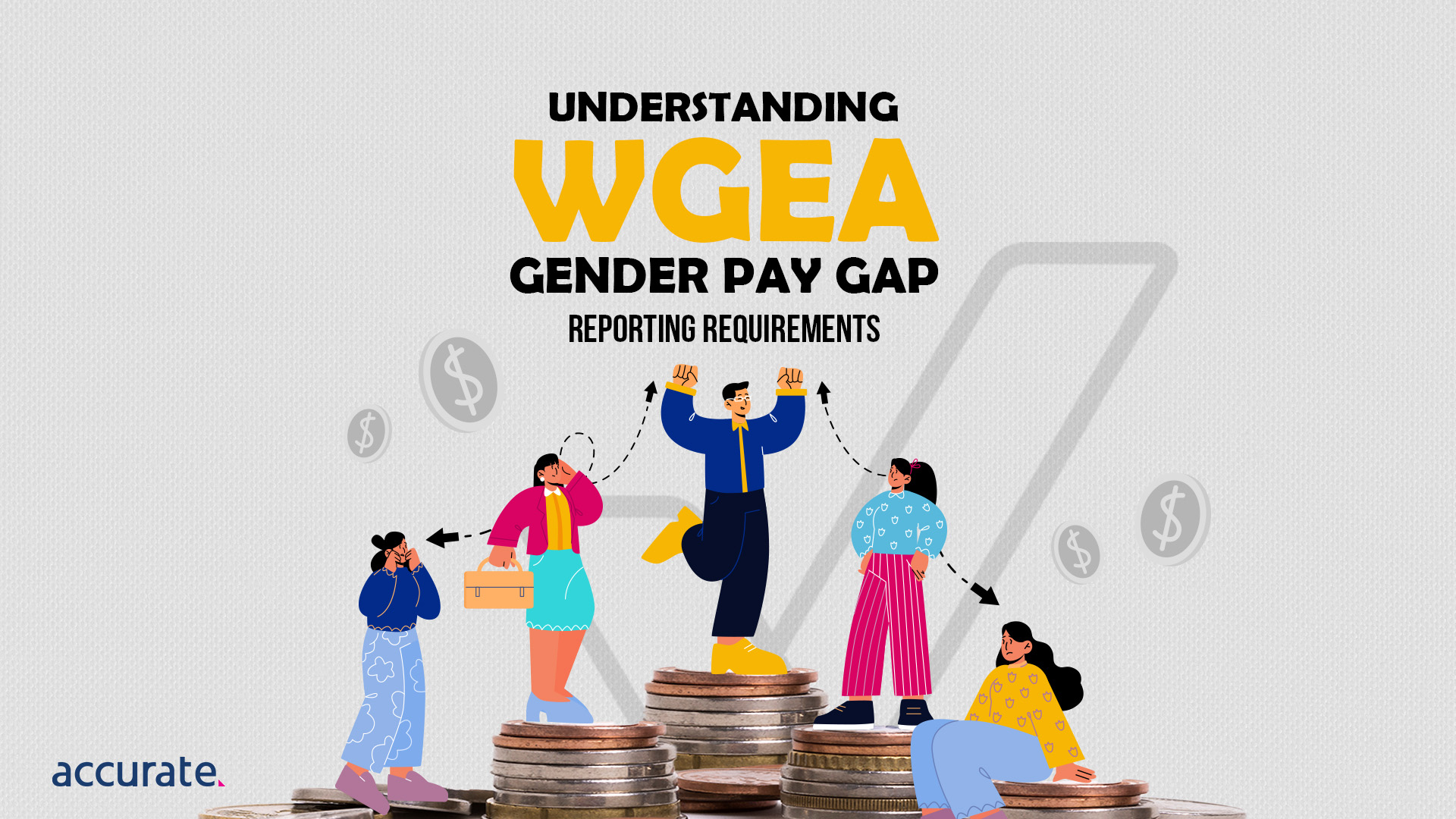In conducting probity checks for our clients, we’ve had the unique insight and experience to identify recurring patterns and common misconduct.
What’s interesting to see is that there’s a shifting trend towards strengthening pre-employment screening through probity checks as part of a broader hiring framework. The objective is to better protect businesses from making poor hiring choices.
In 2019, the Royal Commission into Misconduct in the Banking, Superannuation and Financial Services Industry Report shared a host of findings and recommendations – one recommendation of which was to ensure that probity checks such as reference checking and information sharing between employers should be required for certain positions.
This was to ultimately stop individuals from moving to a new role for a new employer despite a history of misconduct.
Regardless of whether you’re in the financial sector or not, other industries aren’t immune to employee misconduct and based on our experience; it’s worthwhile to conduct even a basic probity check for all candidates you’re considering hiring, as re-hiring can be a costly process.
So what’s involved in a probity check and what are the essential checks that you should do?
What is a Probity Check?
A probity check in the context of pre-employment screening is the exploration into the background of an applicant to ensure that they’re a suitable fit for a hiring role. This involves a range of different checks on history, activity and records. All checks are conducted with the informed consent of the applicant.
Identity Verification Probity Check
Identity verification is one of the most fundamental probity checks, yet is often overlooked.
Not only do we recommend verifying identity, but we can also check if the individual appears on a host of watchlists:
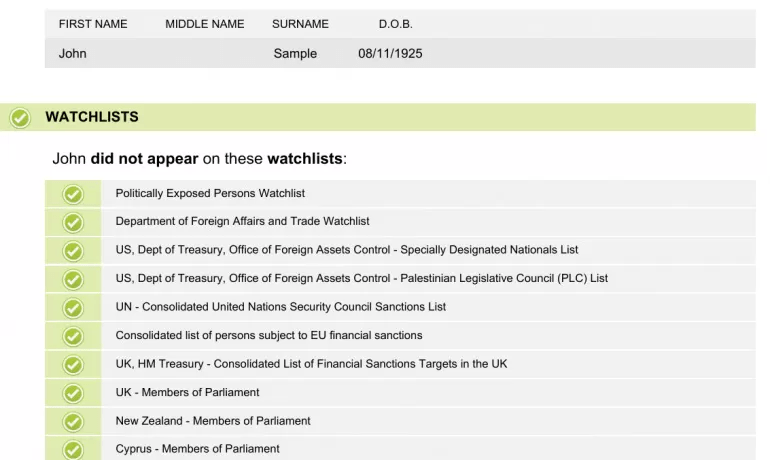
National Police Check & Criminal Record Checks
Commonly referred to as ‘police checks’, these probity checks compare the applicant’s details against police history information to determine if there’s any information that may need to be disclosed.
At Accurate Australia, we’re both accredited with ACIC and the AFP.
One thing to note is the spent convictions scheme – where there are limitations on the disclosure of certain older offences once a good behaviour bond or a period of time passes where a person hasn’t reoffended. This is generally 10 years for NSW.
This means anyone who has a spent conviction does not have to disclose offences after this period.
Reference Probity Checks
This is a classic probity check that allows hiring managers to gain an insight into a candidate’s past job performance. Reference checks should also verify information provided by the candidate on their CV to ensure that they’re accurate.
Ascertaining previous links back to an employee not only provides a reference point to past performance, but also corroborates the information provided by the applicant and provides a direct association.
This is important in the event your business experiences employee misconduct or fraud that may eventuate into an investigation of the employee. Having such ties provides the business with an ability to trace the employment history with reference checks.
Below is a sample of an online reference report provided to Accurate Australia clients:
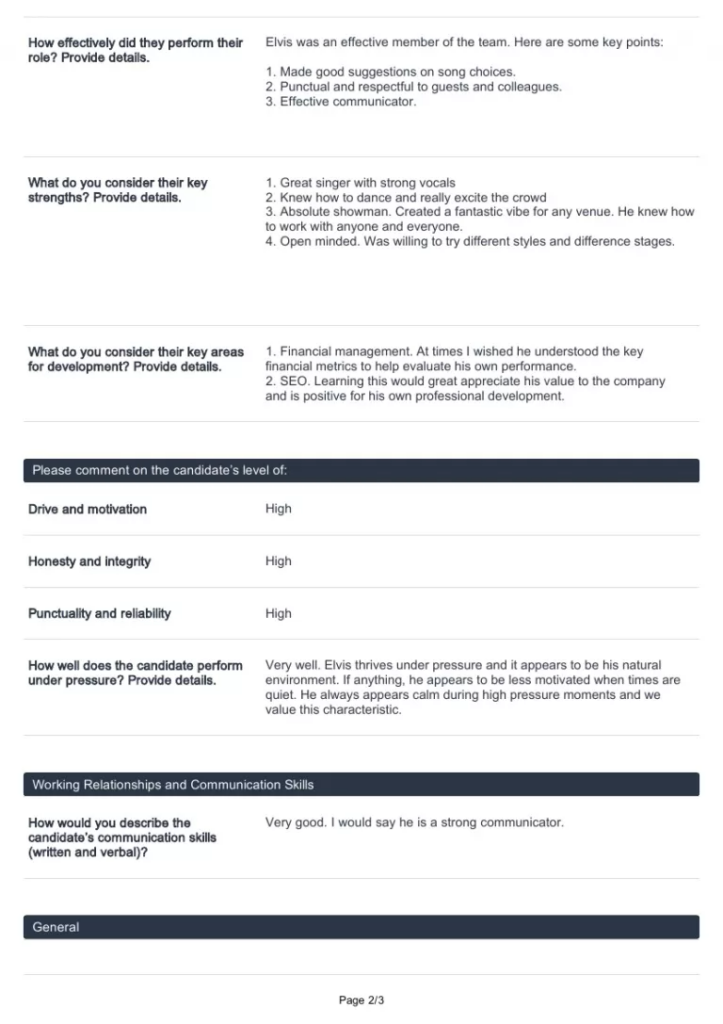
Employment History Check
Just like a reference check, verifying employment history helps with establishing a known association.
According to the Independent Commission Against Corruption (ICAC) report, 25% of people include inaccuracies on their CV.
On top of verifying their employment status for a previous role, employment history checks should be used to assess whether an earlier role has impacted their suitability for the position they’re applying for.
Something as simple as checking duties and responsibilities, position title, duration of employment, type of employment (e.g. contractor, part time, full time) will verify the accuracy of an applicant’s claims and demonstrate integrity.
Qualification or Education Probity Checks
Similar to all the other types of checks, qualification and education checks can be more critical for specific industries such as healthcare, legal or financial sectors.
Verifications are made with candidate details against the institutions they attended or attained certification from, including the date of graduation. The results of these types of probity checks should also detail their results and grades, to ensure that they’re adequately competent for the job they’re applying for.
Employers have expressed the view that it’s not always the grades achieved by a candidate that matter but the fact they’ve actually attained their qualification. This demonstrates a candidate’s commitment and discipline to achieving their objective. These are transferable skills that are highly valued in the workforce and can make a candidate an asset to any organisation.
Ensuring your organisation has sufficient probity checks can support your organisation’s objective of increasing employee retention. When you verify candidate qualifications, it provides you with greater confidence in the candidate’s ability to drive your organisation’s mission. When you empower your workforce, it leads to higher job satisfaction and increased productivity.
Digital Footprint Checks
Of all the probity checks we recommend, digital footprint checks are suitable if you believe that your candidate’s digital history increases the risk profile of the position. This probity check involves assessing the publicly available data of an individual’s internet and digital activities.
Some classic examples are NRL football players being filmed in compromising circumstances that lead to harmful exposure and the tarnishing of the player and organisation’s integrity. More recently, a doctor in Ohio, USA was dismissed for reportedly making a series of tweets that she would give Jewish people “all the wrong meds.”
While these are more high-profile than the average business, the negative consequences are often the same.
Digital footprint checks are also suitable for organisations that are involved with cultural diverse and/or vulnerable communities.
Checking digital footprints of a candidate can sometimes unearth activity or opinions expressed by the candidate that can negatively impact the integrity of the organisation if they were hired.
Beyond this, digital footprint checks provide another set of data to use in assessing the overall suitability of candidates.
A helpful link for this topic can be found here.
What Probity Checks Can Show
We recently engaged a client. Their business was experiencing high-growth. The in-house efforts of conducting probity checks was haphazard due to other business demands. Their issues were retention and quality of hire.
Some examples of what probity checks can uncover about candidates are below:
- Lengthy CV with very little substance:
– Missing details around dates they worked
– Generic responsibilities and achievements
– No references
– Difficulty to verify employment history because the CV didn’t include company names, only industries - Employment history check can uncover discrepancies around the length of employment for each role, the position title and responsibilities and employment status.
- Reference checks can expose discrepancies around how long the candidate had known the referees. We ask candidates to fill in a questionnaire detailing how long they’ve known a referee before verifying this against the referee themselves.
Creating the Most Comprehensive Probity Check
We’ve identified that the employment screening industry has lacked innovation and been slow to adapt to the fast-moving changes in technology and recruitment.
While the majority of the industry currently offers one type of employment check (police check vs. reference check), there are limited options for a comprehensive approach which is often needed to make the best assessment:
- While individual probity check results may not necessarily draw any attention, having a ‘10,000-foot view’ when combining all types of checks will often unearth trends and patterns that can benefit businesses by drilling into them for further questioning.
- We’ve identified that the turnaround time of probity checks is another hurdle that businesses currently face. Most clients have expressed surprise when we’ve explained our average turnaround time is five business days. Some clients have experienced longer delays when they have conducted the probity checks in house or with other external screening providers. Our aim is to work with the applicants and our verification partners to get accurate check results as fast as possible.
- We’ve introduced stringent quality control measures – when we fail to meet our deadlines, this triggers a review process into identifying what caused the delay. Was it the candidate that took longer than expected? Was Accurate Australia not proactive enough in following up? Were there difficulties in getting hold of a referee during the reference check process? One of our key focuses has been about delivering accurate turn-around times because we believe in making it easier for our clients to hire. Hence, our tagline: recruit with confidence.
- We’re proactive in our approach to ascertaining answers when verifying. Fortunately, we haven’t ever returned any part of our probity check reports with “information could not be verified”, which can happen. In the case that there’s no result, our reports divulge what actions were taken leading up to the “no result” so that our clients can better understand the efforts put in.
Advanced Probity Checks
Beyond our recommended essential probity checks, specific industries will benefit from more advanced types of checks to better assess the suitability of candidates. These can include:
- Deeper dives into the candidate’s work experience
- Legal history checks
- Financial history checks
- Known associations and family connections to assess potential conflict of interest
- Psychometric assessments
Ongoing Probity Checks for Promotions & Role Changes
Ongoing probity checks are an essential measure that should be introduced to most businesses.
Many businesses are rightly placing a focus on internal growth and promotions, which can lead to issues around conflict of interest during promotions. In these cases, we recommend a conflict of interest declaration to safeguard against potential problems.
While ongoing probity checks don’t require identification checks, conducting other checks such as qualification checks (if needed) and police checks can be beneficial if there has been an extended period of time since the individual was hired.
ASIC and AFSA bankruptcy checks are also highly recommended for certain positions such as senior executives or finance-related positions.
Key Takeaways on Probity Checks
We believe that all industries and businesses can improve hiring quality and safeguard themselves against application fraud by having appropriate probity checks.
Having a well-planned employment framework with probity checks can deliver benefits by:
- Minimising reputational risk and improve quality of hire
- Decreasing the risk associated with certain services such as working with vulnerable populations or in the financial service sector
- Reducing the risk of financial loss to your organisation or business
In our experience, probity checks enable a more objective approach to the hiring process. Independent probity checks can help minimise bias in the recruitment process. The impartial input that outsourced probity checks provide is invaluable to a hiring manager.
Probity checks aren’t just for an improved recruitment process but should also be a part of an overall risk management strategy. This strategy needs to be actively implemented and monitored by management or the board.

